Press
Horse Powertrain and Repsol jointly develop a highly efficient hybrid powertrain running on 100% renewable gasoline
Horse Powertrain, via its Horse Technologies division, and Repsol have unveiled a next-generation hybrid powertrain that achieves ultra-high efficiency and low fuel consumption.
Press Release
16 February 2026
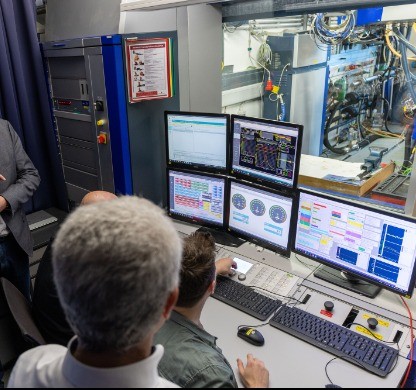
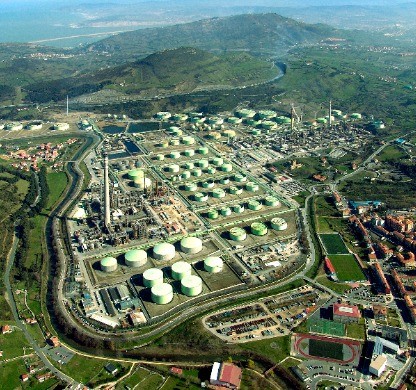
Repsol installs its second 100-MW electrolyzer at Petronor
The new plant for producing renewable hydrogen will require an investment of €292 million.
Press Release
26 January 2026
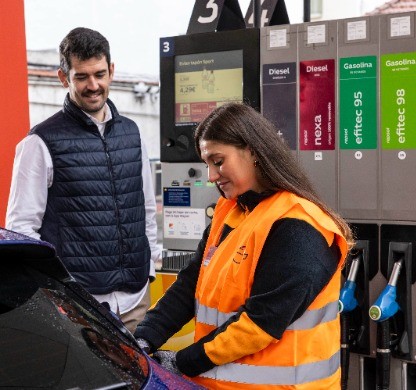
Repsol surpasses 1,500 service stations in Spain and Portugal offering 100% renewable Nexa Diesel
The multi-energy company consolidates its leadership in renewable fuels with 1,500 stations offering 100% renewable Nexa Diesel and meets the target set in the updated 2024-2027 strategic plan.
Press Release
29 December 2025
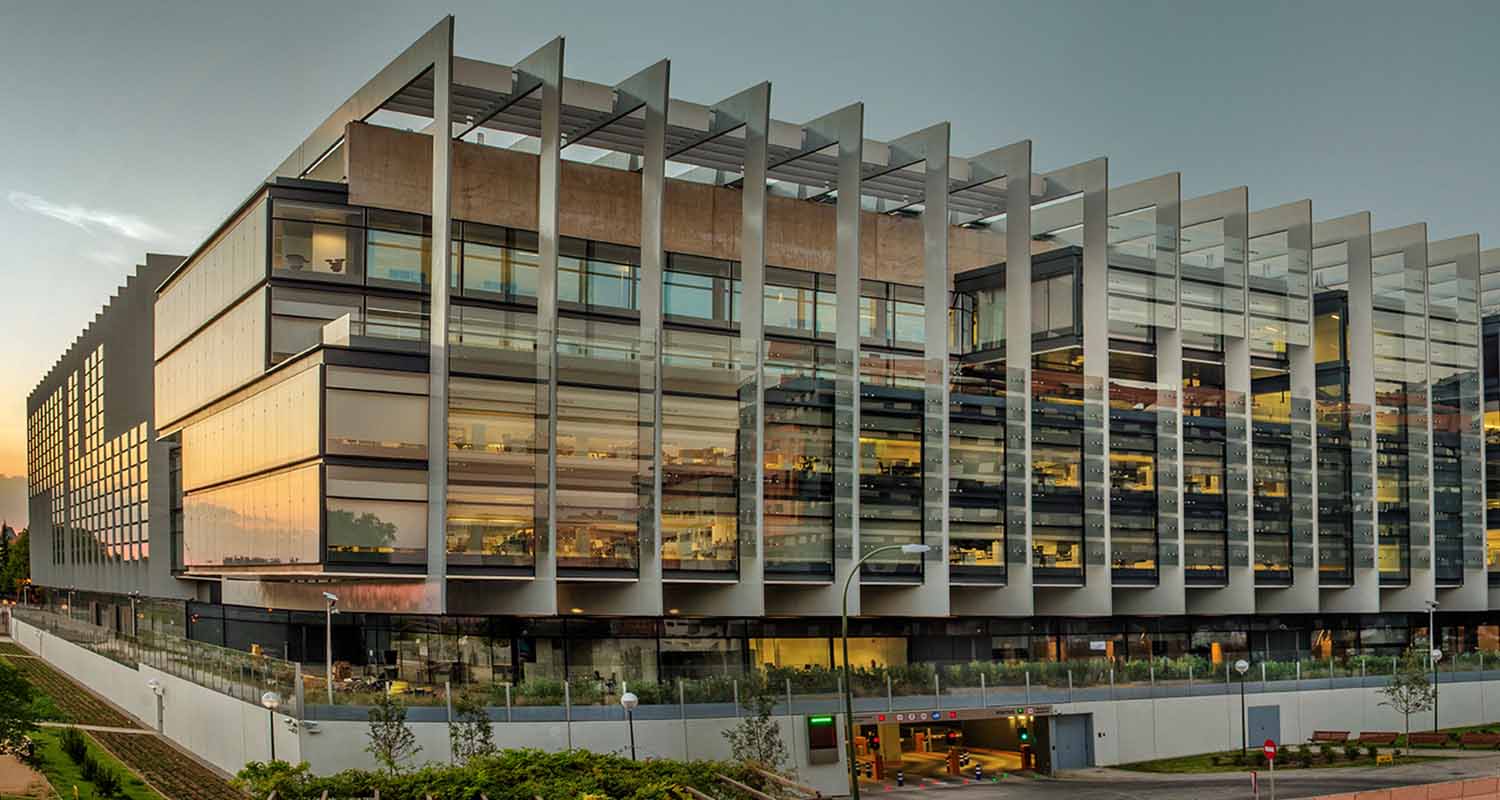
Repsol receives a Platts Award for its deployment of 100% renewable fuels in Spain and Portugal
Repsol has received the award in the Excellence in Energy - Downstream category for the roll-out of NEXA fuels of 100% renewable origin in 1,500 service stations in its network in Spain and Portugal, one of the largest European networks for the commercialization of renewable fuels.
Press Release
12 December 2025
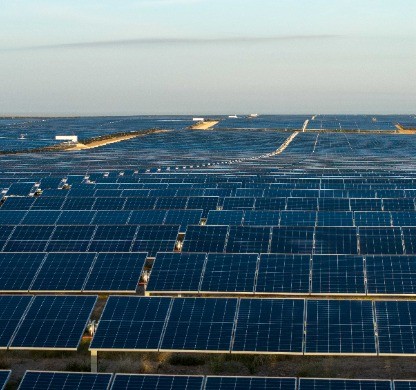
Repsol advances its renewable energy strategy in the US with a new deal with Stonepeak
Stonepeak will acquire a 43.8% stake in the Outpost solar project (629 MW) from Repsol for $252.5 million (€220 million).
Press Release
11 December 2025
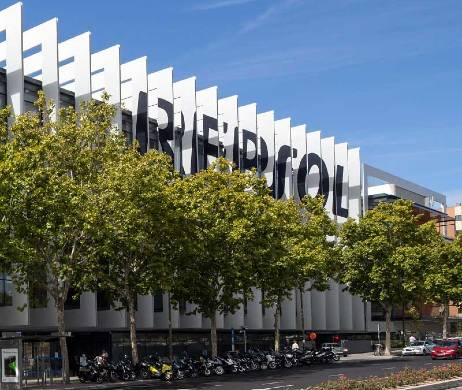
Repsol and HitecVision to merge their joint venture with TotalEnergies’ UK upstream business, becoming the leading oil &gas operator in the UK North Sea
The addition of TotalEnergies UK’s operated high quality producing assets will strengthen NEO NEXT’s balance sheet, reinforce its operational capabilities and support its development activities, ensuring a long-term resilient future for its oil and gas business in the UK.
Press Release
08 December 2025
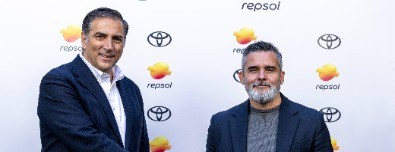
Repsol and Toyota join forces to promote decarbonization in the automotive sector
They have signed a multi-technology collaboration agreement that includes electric charging solutions, power and gas, renewable fuels, solar panels, emissions offsetting, and energy efficiency for Toyota’s customers, dealerships, and employees in Spain.
Press Release
03 December 2025
Press release notification
Would you like to receive our press releases?
Subscribe and receive them directly in your box.
Confirm your subscription
Please check your inbox and validate your registration by clicking on the link you have received.
Don't forget to check your spam folder first.
The registration could not be completed successfully
Please try again, if the error persists try again later.
Multimedia gallery
images image










Contact us
Contact us
Have any questions? Get in touch with us and our agents will help you.
Updated as of February 2026